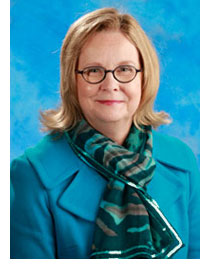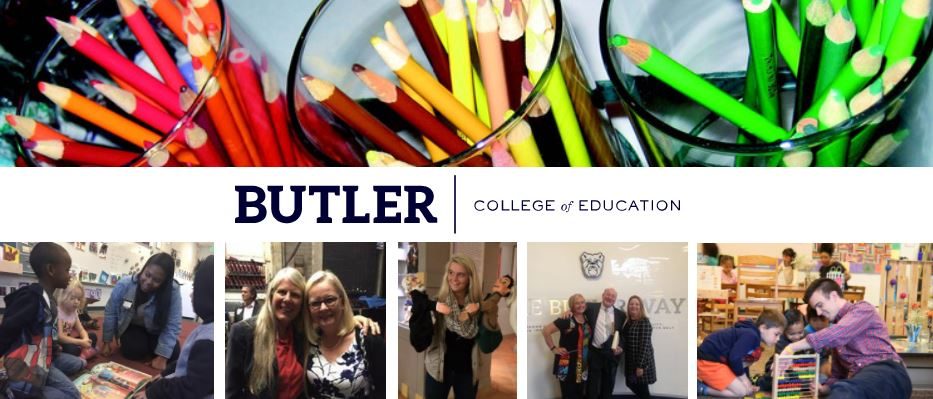Are YOU Daring Greatly?
Dear Friends,
My column this month comes from inspiration and insight from Brené Brown’s latest book, Daring Greatly. If you have not watched her TED TALKS, I would highly recommend them along with her latest book, which is on the New York Times’ bestseller list.
The title of Brown’s book came from a speech given by President Theodore Roosevelt entitled “Citizenship in a Republic.” The passage quoted by Dr. Brown is:
It is not the critic who counts; not the man who points out how the strong man stumbles, or where the doer of deeds could have done better.
The credit belongs to the man who is actually in the arena, whose face is marred by dust and sweat and blood; who strives valiantly; who errs, who comes short again and again, because there is no effort without error and shortcoming; but who does actually strive to do the deeds; who knows great enthusiasms, the great devotions; who spends himself in a worthy cause; who at the best knows in the end the triumph of high achievement, and who at the worst, if he fails, at least fails while daring greatly…
After spending considerable time at the State House during this legislative session, I have listened to some elected officials speak critically of teachers. Those officials have not been in “the arena” of education with their faces marred trying valiantly each day to make a difference. I have observed how all too often policymakers want academic compliance, not innovation.
To be innovative means taking risks, even at the risk of failure. We appear to live in a culture that is only comfortable in certainty, and we fear living with questions. And yet the message is that the education system “needs to change.”
How do we change without taking risks that will bring forth new ideas and solutions?
Dr. Brown has done extensive research on vulnerability and shame. Vulnerability, she writes, takes courage to embrace uncertainty and a willingness to “dare greatly.” She urges educators and the business community to embrace “disruptive engagement.” In order to do so, Brown believes, we must “reignite creativity, innovation, and learning; leaders must re-humanize education and work.”
I applaud her understanding that all teachers are leaders, and that each person has a responsibility to be engaged in changing the system and our profession. We cannot be waiting for someone to rescue us!
I ask you to think about how the use of shame is impacting our practice as educators. Why should we tolerate a reward system that is designed to belittle, shame, or humiliate anyone? How does this improve practice? The recent high profile story of the actions of a state superintendent in Georgia is an example of a system built on shame.
Brown wrote:
Shame can only rise so far in any system before people disengage to protect themselves. When we’re disengaged, we don’t show up, we don’t contribute, and we stop caring. On the far end of the spectrum, disengagement allows people to rationalize all kinds of unethical behavior including lying, stealing, and cheating.
Why would we want a system that creates the potential for this type of behavior?
In closing, I challenge each of you to engage in conversations with those who know there is another way to change our system other than the use of compliance, fear, and shame. I recommend Dr. Brown’s TED TALKS and book as possibilities to begin dialogue. Draw your strength from looking into the eyes of your students because they are depending on each of us to find the courage to dare greatly!
Until next month,
Dr. Ena Shelley
Dean, College of Education
